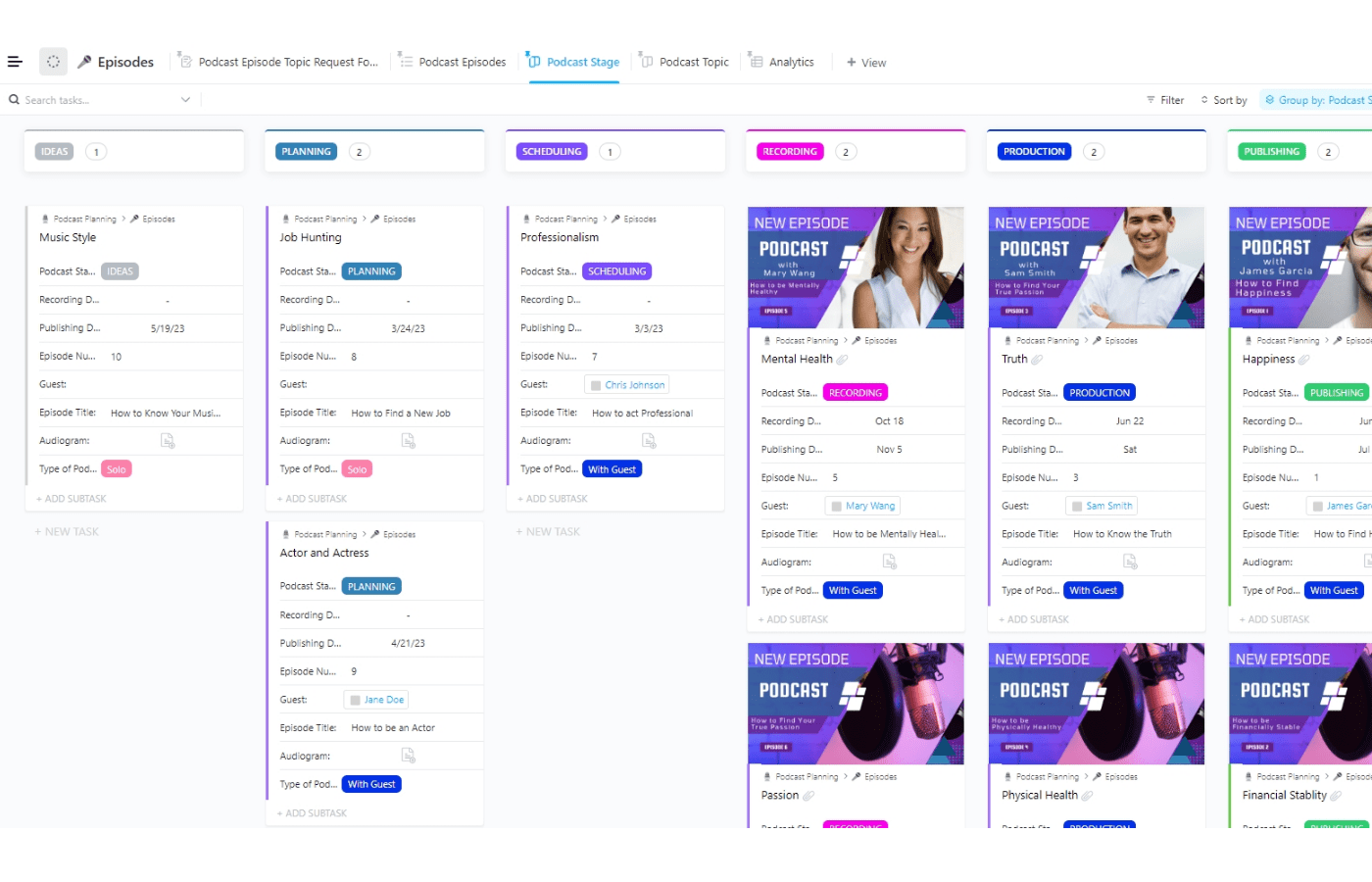A common challenge for a project manager starting a new project is the need to get up to speed quickly — oftentimes on a project that is technical in nature. Add to this the fact that they may be walking into a work situation that is already in progress. This is when experience and skills as a project manager are most relevant and important, as well as the ability to quickly learn a new or unknown technology. Every level of project manager can use these tips and advice on how to get up to speed quickly on a technical project.
Read more: What’s the Difference Between an IT Project Manager & Project Manager?
Tips for Getting Up to Speed on a Technical Project
If a project is technical, in progress, or in planning, there are things a project manager can do to step right into the work. Whether the PM is new to the company or has been there for a while, they can:
- Make a good first impression: There will be many personalities to work with and you get one opportunity to present yourself as a confidant and knowledgeable manager.
- Take the time to get to know team leads: Schedule individual “meet and greets” to really get to know who they are, what they do, and how they do it.
- Learn from history: Play detective and investigate other similar projects and see how they went, and what went right and wrong.
- Be a team player: Foster a good connection with managers and clients; these are the people you will be reporting to, and who make decisions on the future of the project (and potentially, you).
- Accept the technical challenge: Attempt to learn the technology, at least at a high level, so that you understand what is being created and how it works. You never know what may be next in your role or career.
Read more: What is Project Management? Definition, Types & Examples
You Don’t Have to Be an Expert
How much do you need to know about a technical project or area of specialty to be an effective project manager? The answer to this may vary. Technology changes so quickly that PMs are often faced with constant evolution in tools and trends between projects and contracts.
There are some good guidelines detailing what level of experience may be required to effectively manage these types of projects, including:
- A good knowledge of IT infrastructure and architecture: These details tend to be common across companies in the same industry. Gain the knowledge you can and use it in future opportunities.
- Understanding the roles of project manager and technical advisor: There is a clear difference between these roles, as well as gray in-between space that can make this less obvious at times. These two roles often work in tandem to co-manage the direction of highly technical projects or evolving technologies.
- Ability to communicate effectively in both technical and non-technical terms: This is a crucial skill needed to manage teams, work with team leads, and report to management and stakeholders. The range of language can be broad, so distilling highly complex terms and concepts for everyone else is a much-needed ability in a project manager.
- Some knowledge of the technology and industry you are working in: In the event of a new contract, a project manager may find themselves working in an entirely new industry. A basic knowledge of the industry to start off will suffice, with the expectation that you will complete and pass required training.
Read More: Creative Projects vs Technical Projects: What They Are, and How to Run Them
Must-Have Skills for Project Managers
So what things must a project manager absolutely understand for effective planning and execution? At the minimum, a project manager should know how to:
- Identify and understand the key players
- Demonstrate strong time management skills
- Provide managerial and collaboration experience
- Showcase analytical and problem-solving skills
What to Do When a Project Is Already Underway
In-progress work can be very challenging to sort out and catch up on. This is a unique opportunity to reel everything into a plan that you create and track. When stepping newly into work that is in various states of progress, remember to:
- Use your one-on-one time wisely with the person who was previously managing the project, if they are available.
- Meet with stakeholders to learn their individual opinions and experience.
- Learn the subject and process lingo, including industry, product, or service-specific acronyms.
- and update or build a project plan to track milestones and work deliverables.
- Schedule frequent meetings and updates with the team, like daily stand ups and weekly deep dive sessions.
- Immediately assess risk management strategies and imagine possible solutions.
Read next: Best Project Management Software for 2023





